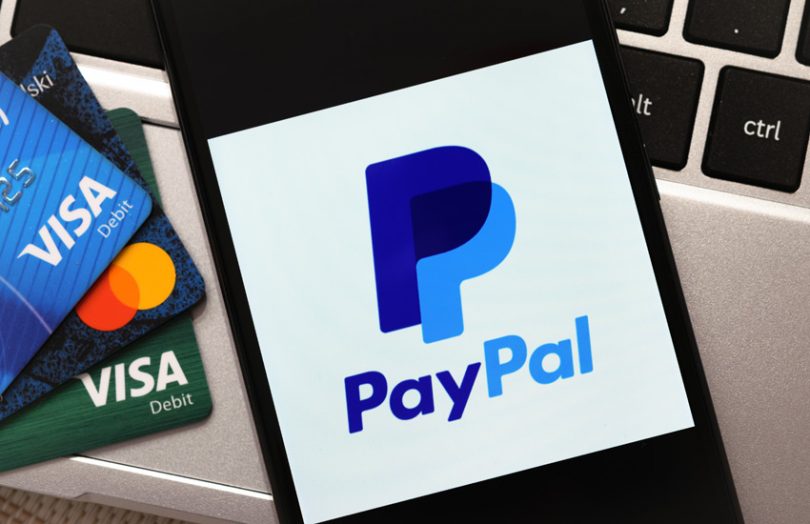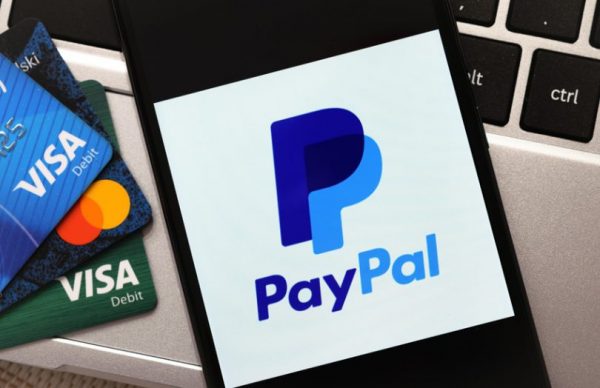PayPal is the biggest FinTech in the world. It conducts millions of financial transactions daily. PayPal’s net income amounted to 801 million U.S. dollars in the fourth quarter of 2021, down from over 1 billion U.S. dollars from the previous quarter. However, PayPal has been described as the most valuable FinTech in the world.
Read more about Fintech
For PayPal was formed in March 2000 in Paulo Alto, United States by the legendary Elon Musk and Peter Thiel before it was sold to an online auction platform, eBay, for the sum of $1.5 billion in 2002. Ever since it has grown to become a FinTech colossus.
PayPal is an e-commerce company that specializes in Internet money transfers. Over the past 22 years, PayPal has emerged stronger and has been touted as one of the most interesting FinTech success stories in the world. It is a pioneer FinTech company that has inspired the birth of other FinTech companies, especially e-commerce outlets, in America and beyond. In this article, I discuss 4 lessons new and old FinTechs in Nigeria can learn from PayPal.
-
Build Organic Trust Before Automation
Because FinTech deals with everything money, trust is at the core of its operation. On this note, over the past 22 years, PayPal has been described as the most trusted FinTech company by users. In an age where Artificial Intelligence and Machine Learning technology are the core of FinTech operation, PayPal has understood that trust is earned, not just Machine Learned.
For a market like Nigeria, users readily trust their local traditional banks and other vendors due to years of familiarity they have developed with these institutions. This has made users, especially the older generation, skeptical about carrying out transactions with strangers on any digital platform. This is not peculiar to Nigeria, but to Africa and zones, where a larger section of the populace is not tech-savvy. On this note, PayPal has been to bridge this gap of trust.
Sign up for the Connect Nigeria daily newsletter
At PayPal, they were able to address this gap in trust by incorporating the OTP (One-Time-Password), which validates the payment. However, merchants might find this OTP process as friction which can discourage buyers from continuing their transactions depending on their mood. The OTP can be seen as friction and might even frustrate users. Acknowledging that OTP might be friction, PayPal has gone ahead to develop a payment solution by building features that require zero or minimal intervention by the user and how the payment can happen in the background without bothering the user unnecessarily.
PayPal so far has not compromised on its security while offering frictionless experiences to millions of users.
-
Invest In Machines That Learn About Users
According to studies, PayPal since its inception in 1998 has handled 380 petabytes of data. This is huge and mountainous! It shows that PayPal is an encyclopedia of human data. With such uncountable data available to PayPal, the FinTech giant has been able to build a system that ensures complete security for users. Apart from security, PayPal’s enormous data has helped it conduct flash-speed transactions.
Further, there have been attempts to burgle into PayPal’s system, but the enormous data has been able to make that difficult. How has PayPal been able to do this? PayPal triangulates all data points of users, dissects each anomaly smartly, and prevents fraud with the help of AI & ML. PayPal also leverages AI chatbots to get their million users the remedy before they ask.
-
Prepare The World For The Freelance Economy
One of the biggest moves PayPal made in recent times was to prepare the business for the “gig economy” or “freelance economy.” The gig economy is where most people, especially millennials and Gen-Zs, prefer to live a fluid lifestyle than being confined to a desk-in-office work experience.
Register to attend the Connect Nigeria Business Mixer
The majority of young people are taking remote jobs seriously, and even prefer freelancing to traditional office work. So it is common to see young people take 4 to 7 gigs a year. Hence, in a world where everything is becoming subscription-based, PayPal has matured into a true financial company that helps young people manage their finance in a world where lifestyles are extremely fluid.
-
Adopt A Transitive Culture
One beautiful culture PayPal has shown over the years is the transitive or on-the-go culture. Finance and human behavior are intertwined; hence, you might be forced to make certain financial changes to suit the exigencies of the time. At PayPal, they have a culture that is not a slave to any process; rather its team has adopted an optimistic can-do and sprinting attitude for every circumstance. At PayPal, it is possible to see a newbie coder walk up to CEOs and ask questions or insights. This point to the open culture and on-the-go attitude prevalent in PayPal. Therefore, FinTech executives must understand that finance and human behavior are intertwined, but fluid. This is why all forms of red tapes and bottlenecks must be eliminated and reduced to the barest minimum.
Closing Remarks
PayPal as a FinTech has enjoyed 22 years of trust from its millions of users. Hence, its success story comes with a great deal of lessons FinTechs in Nigeria and Africa can learn from. In this article, we pointed out PayPal’s operation is built on organic trust, before machine learning. This means PayPal earned the trust of its users in the most natural way before incorporating technology that would sustain the trust. We also stated that PayPal invests heavily in acquiring human data, which proved useful in protecting its consumers from insecurities. Another important lesson from PayPal is its ability to prepare the world of business for the freelancing economy. Finally, PayPal’s adaptive and sprinting attitude has helped it stay its head above its shoulders.
Featured Image Source: Ledger Insights
Got a suggestion? Contact us: [email protected]


